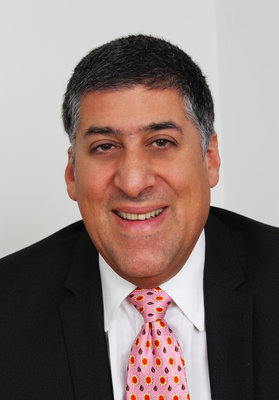The year 2020 was one like no other, especially for young people who are a part of the child welfare system.
For many, being in quarantine was a time to pick up new hobbies, finish the series they’d always planned to watch, and spend more time with family or friends on the internet.
But, for me, it was a time when I aged out of the foster care system.
I turned 21 on March 26, 2020, ten days after California’s original stay-at-home order.
During those first two weeks, I was asked to leave the home I was renting due to the pandemic. I was told there would be a private and safer location as long as I paid three months’ rent up front, an unexpected cost that would challenge anyone.
As I scrambled to get together the money to move into new housing, I tried to get excited about this “fresh start.” At the same time, I was told I needed to meet with a social worker to successfully exit extended foster care.
At first, I thought nothing of it. I was more concerned with how I was going to get a new bed and fix up a place to live during a pandemic when many stores were closed.
After many dysfunctional trips to Walmart to furnish my new studio apartment, buy food and get other basics, I realized my savings were quickly being depleted with no future source of income.
At the time, no one was sure what the quarantine would entail or how long it would last. I wasn’t officially laid off from a job so I couldn’t collect unemployment; I was just in between.
And that where I’ve been ever since, in between. I’m 21 and on my own to navigate a very complicated and often unfriendly system that does not include young people like me.
Any plan I may have had for my future outside of the foster care system was immediately put on hold due to COVID-19. I had no social worker, no roommates, no guidance, and no idea of what was to come.
It was just me alone in my room with Zoom University. Month after month, counting the days, waiting for some kind of sign of when things may get better. Unfortunately, they didn’t.
The two- week quarantine quickly became six months. Eventually, my landlord could no longer afford to rent to me at the lowered “COVID rates,” and I was told to pay up or go.
This is the reality for people all across the country, especially young people and especially current and former foster youth.
Like many, I turned to government resources like unemployment and stimulus funds. Being a 21-year-old student-worker didn’t leave many options.
No family to turn to, friends all quarantined, and the social worker who had so diligently cared for me nowhere to be seen. Isn’t it supposed to be about helping people help themselves?
In late December 2020, Congress passed legislation on COVID relief that made aid available for young people who have been in foster care and desperately need help making a transition into living as an independent, self-sufficient adult.
States now have the opportunity to act. Direct cash payments would allow youth to have some autonomy while maneuvering through this year-long pandemic.
Jasmine Harris is a former foster youth, as well as an author, educator, and advocate.



